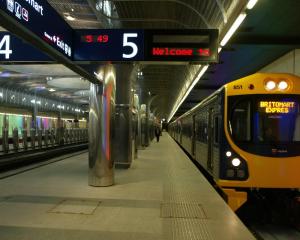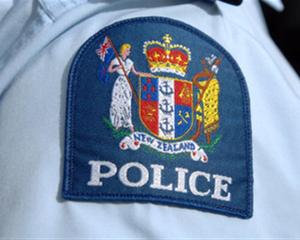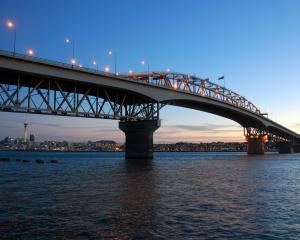A New Zealander stuck among hundreds of tourists in flood-ravaged Machu Picchu has been filling sandbags with the locals while her mates help out in a makeshift medical tent as evacuations continue.
Veronica Peat is one of 29 New Zealanders understood to be trapped in or around the area surrounding Machu Picchu after flooding and landslips on Monday killed at least seven people and isolated at least 2000 tourists.
The Ministry of Foreign Affairs and Trade (Mfat) said local authorities had advised them about 800 people were evacuated yesterday and estimate the same number should leave the area today, depending on the weather.
In the meantime, Ms Peat has been mucking in with the locals, who have been told they cannot leave the area unless pregnant or they have other medical conditions.
"The group that I am with has been helping out the locals making sand bags and the like, and they have been really grateful with any help that they receive, providing food and water for the people who help out," Ms Peat wrote in an email to the The New Zealand Herald.
"Any tourists who have medical training are putting in shifts in the medical tent that they have set up."
Ms Peat said locals who had tried to walk out of the township told her group that railway lines had been completely washed out.
The Peruvian Army was involved in the evacuation of the area and "things seem to be happening faster", although their efforts had been hampered by the weather.
"The latest update we received was that all the people over 60 had been evacuated today - as well as the majority of the women and children.
"I have not felt scared at any stage. We understand that there are a lot of people in Peru a lot worse off than us at this stage and we know that we will be out in the next couple of days."
Aucklander Ashton Lines-Sherwood said he had been stuck in Aguas Calientes - the closest access point to Machu Picchu - for six days.
A normally sedate river that runs next to the township was out of control, he said.
"It has already demolished parts of the road into town, parts of the railway track and is threatening to wash many buildings into it."
Mr Lines-Sherwood was critical of local rescue efforts.
"The newspapers and news around South America are saying that they [Peruvian authorities] are providing 11 helicopters to get us out of here in two days.
"This is . . . [not true]. We have been stuck here for six days. The last two days has seen three helicopters."
He said two basic refugee-type camps had been set up for the hundreds of tourists still trapped there, although neither provided blankets.
Christchurch man Ian Falconer, whose brother-in-law Mike Chisholm and wife Sheryl were also trapped in Machu Picchu, said the couple were evacuated by helicopter yesterday.
He said Mr Chisholm described the evacuation process as "absolutely appalling", with local police apparently accepting bribes from people to get on helicopters while the injured and elderly were being left behind.
Mfat yesterday said it had contacted 15 of the 29 New Zealanders understood to be in or near flooding areas.
House of Travel said four of its clients were evacuated from Machu Picchu by helicopter yesterday.
• No Otago people are known to be in the area.












